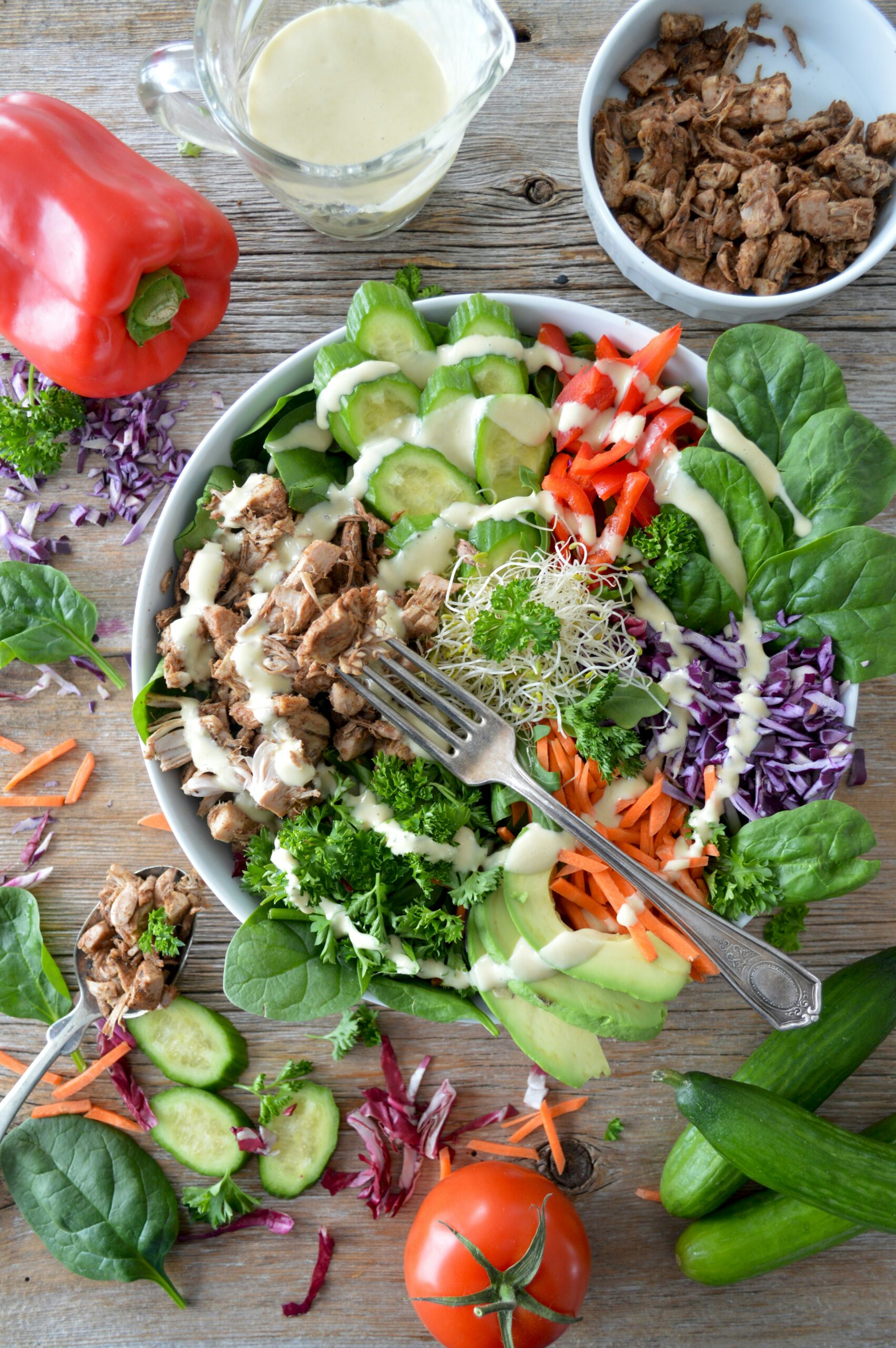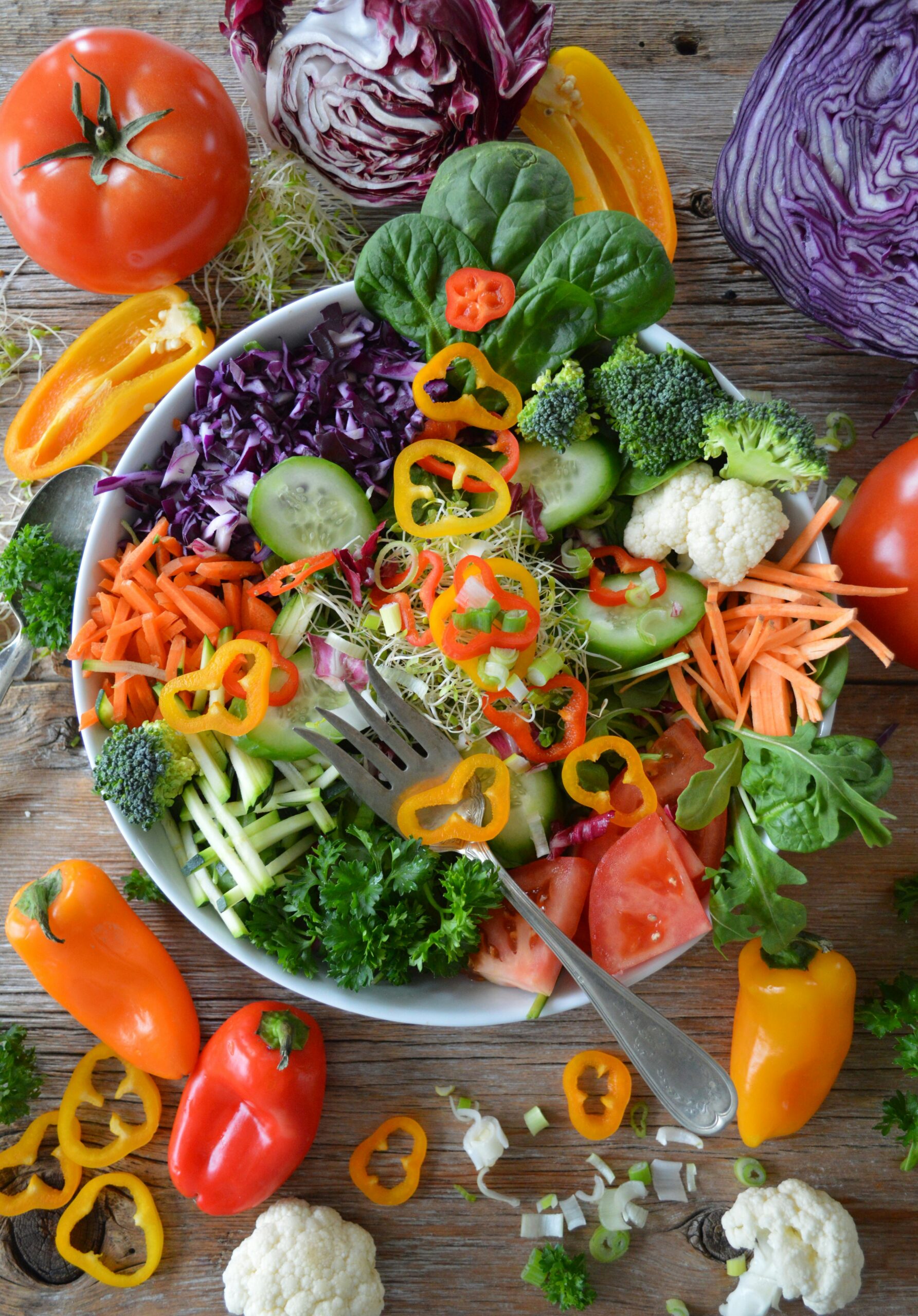Are you looking to shed some pounds and considering adopting a keto diet? If so, you may be wondering what types of healthy fats you can incorporate into your new eating plan. Well, look no further! In this article, we will explore a variety of nutritious fats that are not only beneficial for your health but also align perfectly with your weight loss goals. From avocado and olive oil to nuts and seeds, we have got you covered with some mouthwatering options that will make your keto journey a delicious and satisfying one. Get ready to explore the world of healthy fats and discover how they can support your keto weight loss diet!
Understanding the Keto Diet
The concept of a ketogenic diet
The ketogenic diet, or keto diet, is a low-carbohydrate, high-fat diet that has gained popularity for its potential weight loss benefits. The main idea behind the diet is to restrict your intake of carbohydrates and increase your consumption of healthy fats. By doing so, you encourage your body to enter a metabolic state called ketosis, where it starts using fats as its primary fuel source instead of carbohydrates.
How a ketogenic diet helps in weight loss
One of the main reasons why the keto diet is effective for weight loss is its ability to induce ketosis. When you limit your intake of carbohydrates, your body has to find an alternative source of energy. In ketosis, your body starts breaking down fats into ketones, which can be used by the brain and other organs as a fuel source. This shift in fuel utilization can lead to a reduction in stored body fat, therefore promoting weight loss.
Ratio of macronutrients in a keto diet
In order to achieve and maintain ketosis, it is crucial to carefully balance the macronutrients in your diet. A typical keto diet involves consuming high amounts of fats, moderate amounts of protein, and very low amounts of carbohydrates. The exact ratio may vary, but a common guideline is to aim for approximately 70-75% of calories from fat, 20-25% from protein, and 5-10% from carbohydrates. This ensures that your body has enough fat to utilize as fuel, while still providing adequate protein for muscle maintenance and repair.
Role of Fats in the Keto Diet
The necessity of high fats in achieving ketosis
In a keto diet, fats serve as the primary source of energy since carbohydrates are severely limited. By consuming a high amount of fats, you supply your body with the fuel it needs to enter and maintain ketosis. Fats are broken down into fatty acids, which are subsequently converted into ketones. These ketones help power your body, including your brain, in the absence of glucose from carbohydrates.
How fats aid in hunger control
One of the remarkable benefits of incorporating healthy fats into your keto diet is their ability to promote satiety and control hunger. Fats are slow to digest, helping you feel full and satisfied for a longer period of time. Unlike carbohydrates, which can lead to blood sugar spikes and subsequent crashes, fats provide a steady and sustained release of energy. This can reduce cravings and help prevent overeating, ultimately supporting your weight loss goals.
Types of healthy fats to consider
When it comes to choosing fats for your keto diet, it’s important to focus on healthy options. Some examples of healthy fats include avocados, nuts and seeds, olive oil, coconut oil, and fatty fish like salmon and sardines. These fats are rich in essential nutrients, such as omega-3 fatty acids, and can provide numerous health benefits in addition to supporting your keto journey.

Monounsaturated Fats
Definition of monounsaturated fats
Monounsaturated fats are a type of healthy fat that are found in various foods. Chemically, they are characterized by having a single double bond in their fatty acid chains, which gives them their unique properties. By incorporating monounsaturated fats into your keto diet, you can reap their health benefits and support your weight loss efforts.
Benefits of these fats in a keto diet
Monounsaturated fats have been shown to have several positive effects on health. They can help improve heart health by decreasing LDL cholesterol levels and increasing HDL cholesterol levels. Additionally, monounsaturated fats may have anti-inflammatory properties and may help regulate blood sugar levels. By including monounsaturated fats in your keto diet, you can promote overall health while still meeting your macronutrient needs.
Sources of monounsaturated fats
There are plenty of delicious and nutritious sources of monounsaturated fats to incorporate into your keto diet. Foods such as avocados, olives and olive oil, nuts and seeds (including almonds, cashews, and pumpkin seeds), and certain oils like canola oil and peanut oil are all excellent choices. These foods not only add flavor but also provide essential nutrients along with the much-needed healthy fats.
Polyunsaturated Fats
What are polyunsaturated fats
Polyunsaturated fats are another type of healthy fat that should be a part of your keto diet. Similar to monounsaturated fats, polyunsaturated fats contain multiple double bonds in their fatty acid chains. These fats are essential, meaning that our bodies cannot produce them, and therefore, they must be obtained through our diet.
Importance of omega-3 and omega-6 fatty acids
Within the category of polyunsaturated fats, two types of fatty acids are of particular importance: omega-3 and omega-6 fatty acids. Omega-3 fatty acids, found in fatty fish, walnuts, and flaxseeds, have numerous health benefits, including reducing inflammation and improving heart health. Omega-6 fatty acids, found in certain vegetable oils and nuts, also play a crucial role in the body, but it’s important to maintain a balance between omega-3 and omega-6 intake to promote optimal health.
Food sources of polyunsaturated fats
Incorporating polyunsaturated fats into your keto diet can be achieved by including foods such as fatty fish (salmon, mackerel, and trout), walnuts, flaxseeds, chia seeds, soybean oil, and sunflower seeds. These foods not only provide healthy fats but also offer a range of essential nutrients, making them valuable additions to your overall dietary intake.

Saturated Fats
Explaining saturated fats
Saturated fats are often a topic of controversy when it comes to dietary recommendations. However, recent research has shed new light on the health effects of saturated fats. Saturated fats are characterized by having single bonds in their fatty acid chains and are typically solid at room temperature. They are found in various animal products and some plant-based oils.
Role in a keto diet
Contrary to previous beliefs, saturated fats can be included as part of a healthy keto diet. They are a major source of energy in the absence of carbohydrates and can help keep you feeling satisfied. Additionally, saturated fats provide a stable source of energy for your brain and body and can contribute to healthy hormone production.
Healthy sources of saturated fats
When incorporating saturated fats into your keto diet, it’s important to choose healthy sources. Opt for grass-fed and organic animal products, such as grass-fed beef, pasture-raised eggs, and organic butter. Coconut oil and full-fat dairy products, like cheese and yogurt, can also be enjoyed in moderation as part of a well-rounded keto meal plan.
Medium Chain Triglycerides (MCTs)
Description of MCTs
Medium Chain Triglycerides (MCTs) are a unique type of fat that can offer numerous benefits in a keto diet. Unlike other types of dietary fats, MCTs are rapidly absorbed by the body and quickly converted into ketones, providing a readily available source of energy.
Benefits of MCTs on keto diet
MCTs have been studied for their potential benefits in weight loss, as they have been shown to increase calorie expenditure and fat burning. Furthermore, MCTs can enhance mental clarity and focus, making them a popular choice among those following a keto diet. They can also support gut health by acting as a natural antibiotic and promoting the growth of beneficial gut bacteria.
Where to get MCTs
While MCTs can be found naturally in coconut oil and palm kernel oil, they are also available as a standalone supplement. MCT oil, derived from coconut oil, can be easily incorporated into your keto diet by adding it to your coffee or smoothies. It is important to start with small amounts and gradually increase your intake to avoid potential digestive issues.

Fats to Avoid on a Keto Diet
Unhealthy fats that interfere with ketosis
While fats are an essential part of a keto diet, not all fats are created equal. Some unhealthy fats can interfere with the process of ketosis and hinder your weight loss efforts. It is wise to avoid or limit your intake of trans fats and low-quality oils to ensure you stay on track.
Trans fats and their implications
Trans fats are artificial fats that are created through a process called hydrogenation. These fats have been linked to numerous health issues, including heart disease, inflammation, and weight gain. To avoid trans fats, steer clear of processed and packaged foods, as they often contain these harmful fats.
Low-quality oils to avoid
Certain oils, such as vegetable oils, canola oil, and soybean oil, are highly processed and are often high in omega-6 fatty acids. While omega-6 fatty acids are necessary for the body, an excessive intake can lead to inflammation if not balanced with sufficient omega-3 fatty acids. Opt for healthier alternatives like olive oil, avocado oil, and coconut oil when cooking or dressing your meals.
Impact of Healthy Fats on Weight loss
How healthy fats aid weight loss
Healthy fats play a crucial role in weight loss by helping to regulate hormones, supporting satiety, and promoting fat burning. Unlike carbohydrates, which can cause blood sugar spikes and subsequent insulin release, fats provide a steady and sustained release of energy, preventing cravings and overeating. Additionally, fats can enhance metabolic rate and contribute to the oxidation of stored body fat.
Role in metabolism and energy provision
Fats are an essential component of metabolic processes and energy provision. They are broken down into fatty acids, which are used by the body to produce energy-rich molecules called ATP. By incorporating healthy fats into your keto diet, you provide your body with an efficient and sustainable fuel source, allowing it to function optimally and support your weight loss goals.
Influence on satiety and overeating prevention
One of the main challenges when trying to lose weight is managing hunger and cravings. This is where healthy fats shine. Unlike carbohydrates, which can cause blood sugar spikes and subsequent crashes, fats promote satiety and provide a long-lasting feeling of fullness. By incorporating healthy fats into your meals, you can curb your appetite, prevent overeating, and stay satisfied for longer periods of time.
Practical Tips to Incorporate Healthy Fats in Keto Diet
How to gradually incorporate healthy fats
If you’re new to the keto diet, it’s important to gradually incorporate healthy fats into your meals. Start by adding a tablespoon of coconut oil to your morning coffee or cooking your vegetables in olive oil. Slowly increase your fat intake over time, allowing your body to adjust and adapt to the higher fat content in your diet.
Effects of suddenly increasing fat intake
While fats are an essential component of the keto diet, suddenly increasing your fat intake can lead to digestive discomfort, such as diarrhea or stomach cramps. Therefore, it is crucial to give your body time to adapt to the change. Start with small amounts and gradually increase your fat consumption to ensure a smooth transition.
Cooking methods to maintain fat quality
To make the most of the healthy fats in your keto diet, it’s important to choose cooking methods that preserve their quality. Avoid high-heat cooking techniques that can degrade the fats and opt for gentle cooking methods like sautéing or baking. Additionally, consider using oils with higher smoke points, such as avocado oil or ghee, to maintain the integrity of the fats during cooking.
Mistakes to Avoid When Incorporating Fats
Focusing only on fats and ignoring proteins
While fats are a crucial component of the keto diet, it’s important to find a balance between fats and proteins. Protein is necessary for muscle maintenance and repair, and neglecting this macronutrient can hinder your weight loss goals. Include sources of lean protein, such as chicken, fish, and tofu, in your meals to ensure you’re meeting your protein needs.
Excessive fat intake leading to weight gain
While fats are an important part of the keto diet, consuming excess calories from any macronutrient can lead to weight gain. Keep in mind that weight loss on the keto diet still requires a calorie deficit. It’s important to monitor your portion sizes and be mindful of your overall calorie intake, even from healthy fats, to ensure you’re still in a calorie deficit and promoting weight loss.
Neglecting micronutrient intake
While focusing on macronutrients, it’s easy to overlook the importance of micronutrients. Make sure to incorporate a variety of nutrient-dense foods into your keto diet, such as vegetables, fruits (in moderation), and nuts and seeds. These foods not only provide essential vitamins and minerals but also offer a range of antioxidants and fiber, supporting overall health and well-being.
In conclusion, understanding the role of fats in the keto diet is essential for successful weight loss and overall health. By incorporating healthy fats such as monounsaturated fats, polyunsaturated fats, saturated fats, and MCTs, you can support ketosis, control hunger, and provide necessary nutrients to your body. It’s important to avoid unhealthy fats, gradually increase fat intake, and maintain a balanced approach to proteins to achieve sustainable results. With the right incorporation of healthy fats and mindful diet planning, you can thrive on the keto diet and achieve your weight loss goals.

